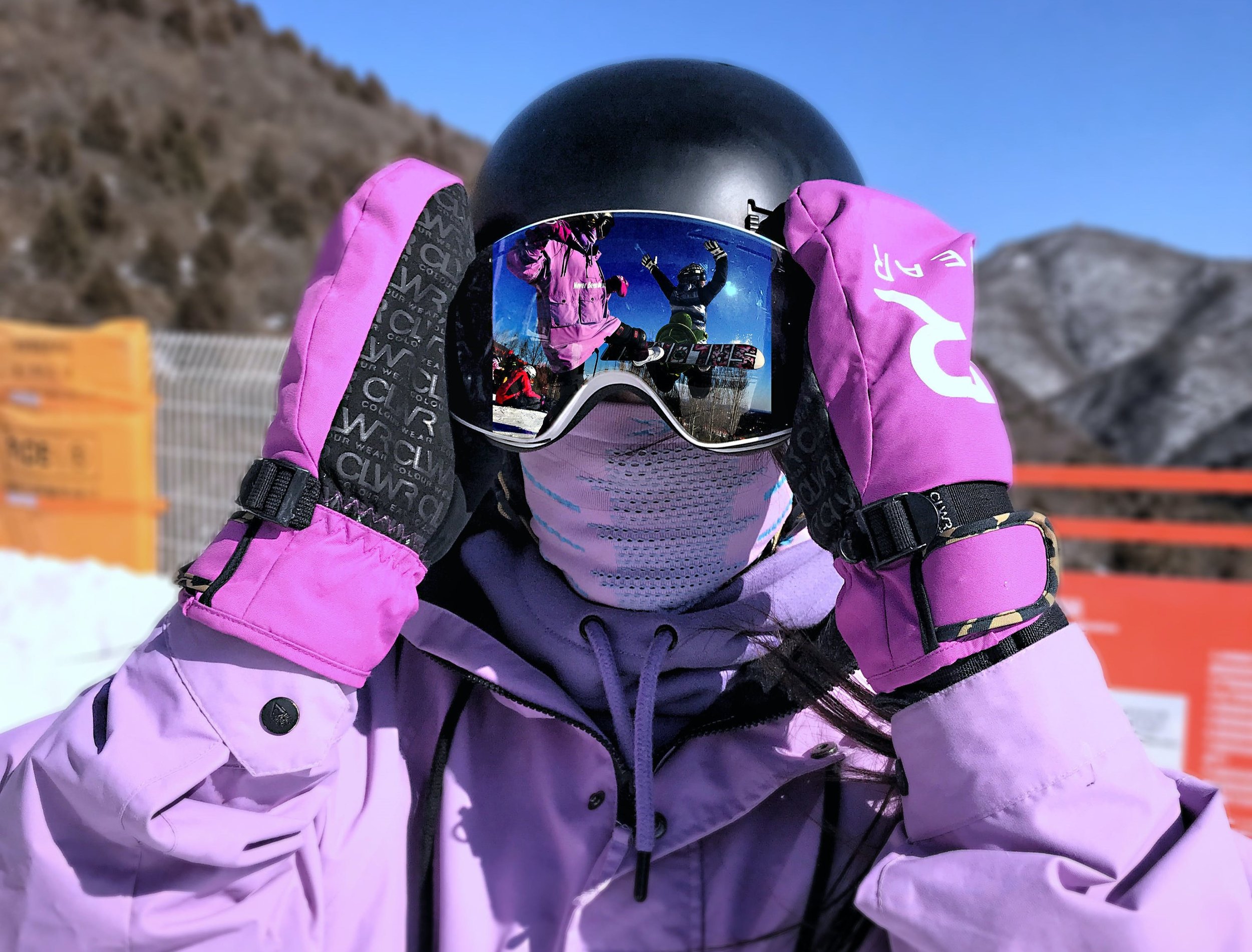4 Ways You Can Hurt Your Eyes While Traveling—And How to Prevent Them
Traveling means exploring exciting new environments. While this can be a treat for adventurous individuals, avoiding injuries or illnesses is critical. Otherwise, you may need to miss out on activities you're looking forward to.
This is particularly true for eye injuries, which can impair your ability to relish the sights, partake in physical activities, and enjoy your holiday.
In the same way, you can practice road travel safety by investing in roadside assistance and tire chains; there are also measures you can take to reduce the likelihood of eye injury when traveling. It starts with familiarizing yourself with common eye health problems you may encounter on a trip and how to adequately prepare for them, as discussed below.
Eye Sunburn
Visiting a sunny region with lots of cement, beaches, or buildings that light can bounce off of can be risky for your eyes. When exposed to excessive UV rays, you can develop a temporary condition called photokeratitis. Also called eye sunburn, it can cause pain, redness, blurry vision, light sensitivity, headaches, and even temporary blindness. Thankfully, you can easily prevent this by wearing sunglasses with maximum UV protection. The excellent news for style-conscious travelers is that iconic sunglasses brands offer different levels of UV protection. Ray-Ban’s famous sunglasses, including the Aviators, Wayfarers, and Clubmasters, can all be fitted with polarized lenses that block 99% of the reflected light and thus provide visual clarity. Meanwhile, the Parasol square lenses come in full-rim frames for adequate coverage and protection not only for your eyes but also for the surrounding skin area.
Snow Blindness
If you're traveling to mountainous regions or areas with lots of snow, you need to be wary of another variety of photokeratitis—also known as snow blindness.
Snow can easily reflect sunlight, causing temporary damage that may make you develop headaches or squint to avoid glare. This can be hazardous, especially if you're skiing, snowboarding, or hiking on snow-covered grounds.
Fortunately, you can prevent this by wearing sports goggles specifically designed to protect your eyes from too much sun exposure. Most goggles are equipped with UV filters, but older models may not be fully able to block out harmful UV rays.
That's why you should be selective and rely on trusted established brands. Oakley and Zeal are the go-tos for winter sports athletes, as they offer 100% UV protection while maximizing peripheral visibility due to their premium spherical lenses. This allows maximum comfort and ease, so you don't need to worry about your eye health and athletic performance.
Corneal Abrasion
Being out in nature may expose your eyes to irritating foreign substances like sand, plant matter, and dust. In some cases, this may lead to corneal abrasions, which are superficial scratches in your cornea that cause pain, light sensitivity, watering, and blurred vision.
So, if you're visiting hiking trails, historical sites, deserts, or beaches, it's important to wear eye protection and keep your hands clean to avoid rubbing substances that can cause corneal abrasions.
This way, you can stay ready for any activities you have planned.
Dry Eyes
Keeping your eyes moisturized when going on a long-haul flight is essential. The low-humidity environment of airplane cabins and common flight activities like watching movies or reading can increase tear evaporation.
This results in dry eye symptoms like irritation, burning, or stinging. To avoid this, use artificial tears from brands like Hylo-Forte and stay hydrated to prevent your eyes from drying out. Additionally, avoid wearing contact lenses, especially when napping, as they can further sap the moisture from your eyes.
BEFORE YOU DRIVE AWAY…
Different environments can present varying causes of pain or discomfort in your eyes.
By wearing the necessary protective gear, maintaining hygiene, and keeping your eyes in good condition, you can finish your trip without missing a thing.

